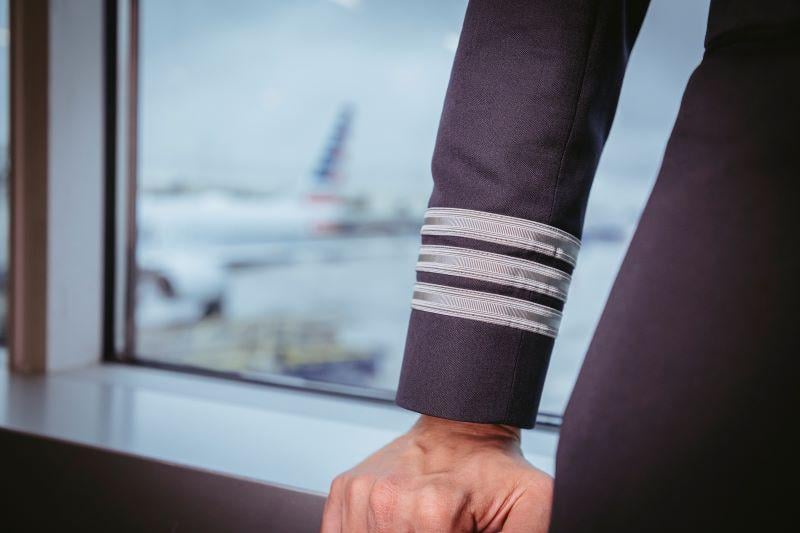American Airlines Pilots Ratify Contract With Raises, Snap-Up Clause

Credit: American Airlines
A contract newly ratified by American Airlines pilots joins Delta Air Lines and United Airlines in including a competitive snap-up clause for pay rates. Pilot compensation rates are set to rise by more than 46% over the life of American’s new four-year contract, the Allied Pilots Association (APA)...
Subscription Required
American Airlines Pilots Ratify Contract With Raises, Snap-Up Clause is published in Aviation Daily, an Aviation Week Intelligence Network (AWIN) Market Briefing and is included with your AWIN membership.
Already a member of AWIN or subscribe to Aviation Daily through your company? Login with your existing email and password
Not a member? Learn how to access the market intelligence and data you need to stay abreast of what's happening in the air transport community.






